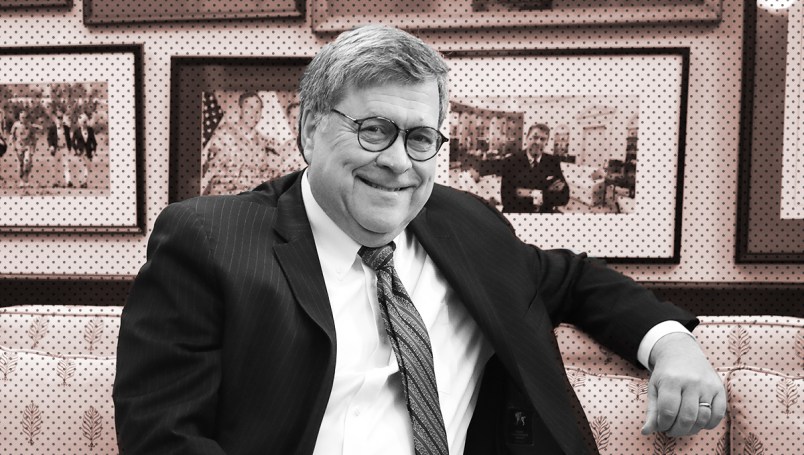Attorney General Bill Barr has dramatically escalated his Mueller Report coverup and effort to effectively end independent oversight of his Department by Congress. According to this report, he is refusing to show up to testify this week before the House Judiciary Committee unless he is accorded a veto right over the questioning format.
As the fight over the Congress’s oversight rights has heated up, it’s been increasingly clear that the committees should either designate one or two committee members experienced in questioning or have a committee counsel do the questioning. Absent that approach, you get what we’ve seen in other recent hearings. The members have a great range of issue knowledge and questioning abilities. Even to the extent that they’re pursuing good lines of questioning, they each get five minutes. So the person testifying can pretty easily run out the clock with non-answers. For really effective questioning you need a solid and knowledgable questioner who has a sustained period of time to pursue lines of questioning. The other approach is fine for garden variety testimony where there’s some degree of good faith give and take. It doesn’t work here.
For just this reason, Chairman Nadler has proposed having one round of questioning where every member gets their five minutes – basically the normal routine. Then he has a second round in which both sides’ committee counsels get thirty minutes of time in alternating five minute segments. (Nadler is also proposing that the committee go into closed session to discuss the redacted parts of the report.) Neither of these decisions are remotely controversial or unprecedented, especially when the subject matter is of great moment. But Barr is saying he may not show up if Nadler doesn’t change to what Barr considers a more friendly questioning format.
A window of good faith negotiation about format is not unprecedented or wrong in itself. But we’re far past that. Barr is pretty clearly trying to exercise a veto right over how the Judiciary Committee conducts its hearings, which are a bedrock constitutional function with respect to the Attorney General and the Department of Justice. In this sense, Barr’s antics are part of President Trump’s strategy of massive resistance to any congressional oversight whatsoever.
How Nadler responds to this will be important to watch. For all the talk about impeachment, stand-offs like this are where power and brakes on the President’s power will be determined. If you want to do things to stiffen Democrats’ spines, these are the standoffs where it counts. As I was writing this, CNN updated its story. Nadler apparently told CNN that if Barr won’t comply he’ll move to subpoena him. “The witness is not going to tell the committee how to conduct its hearing, period.”
A lot hangs on this.






